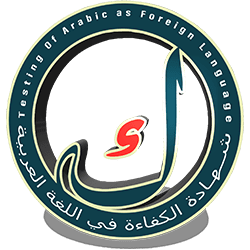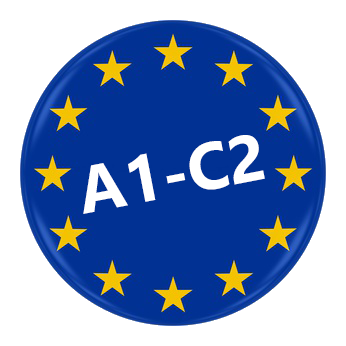AL-ARABIYYA-INSTITUTE
was founded in 2011 by Eckehard Schulz, Professor at the Oriental Institute of the University of Leipzig. The textbook “Modernes Hocharabisch” (Modern Standard Arabic) by Eckehard Schulz has been the standard textbook for academic Arabic teaching for decades, even far beyond the borders of Germany.
Based on more than 40 years’ experience in teaching and testing of Arabic according to the standards of UNICERT and CEFR, Prof. Schulz developed the AL-ARABIYYA-TEST in accordance to state of the art academic methods and technologies.
In addition to the main business areas teaching and testing, the AL-ARABIYYA-INSTITUTE offers the following services:
- Highest quality translations
- Internet sites & mobile apps for Android and iOS
- Professional development / webinars
- Consulting
- Capacity Building
More information can be found here:
AL-ARABIYYA-TEST

among others recognized here:
Get an Arabic certificate in the levels A1 – C2 (CEFR). The structure and content of the Arabic language proficiency tests are based on more than 40 years of experience in Arabic testing according to UNICERT and CEFR standards. The AL-ARABIYYA-TEST is designed and conducted by the AL-ARABIYYA-INSTITUTE and proves your competence in Arabic.
The AL-ARABIYYA TEST is a fully computer-based Arabic language proficiency test developed by Eckehard Schulz, Professor at the Oriental Institute of the University of Leipzig.
The development of the uniform framework for the AL-ARABIYYA-TEST according to the specifications of the Common European Framework of Reference for Languages (CEFR) was based on this very long experience. The efforts to make it computer-based and to benefit from the new technical options started in 2006 and lasted more than 5 years. Many academic professionals mainly from the Oriental Institute of the University of Leipzig participated in this process. The design of the test and the questions are also based on the results of more than 35.000 tests done by students in Germany and many other countries all over the world.

